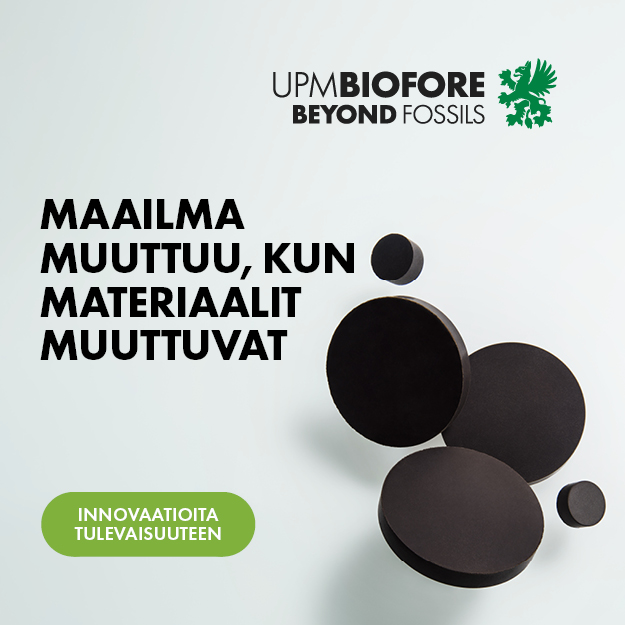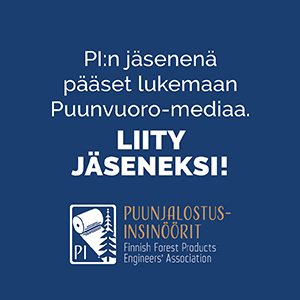The size of Horizon 2020, the EU Framework Programme for Research and Innovation currently underway in the EU, is nearly EUR 80 billion for 2014–2020.
The programme aims to create growth and new jobs in Europe by strengthening scientific know-how in the EU area and supporting the development and adoption of new technologies and innovations.
The defined objective of the framework programme sits well with the Finnish forest and bioeconomy industry, which has actively broadened its own horizons as a result of the industry’s transition.
“The Forest-Based Sector Technology Platform (FTP), the technological society of the European forest cluster, monitors the cash flows of the research and development field on the EU level. According to the data collected by them, more EU money has been distributed in the forest sector’s research and development projects than in previous years,” says Niklas von Weymarn, Metsä Fibre’s VP in charge of research, who has a seat in the Bio-based Industries Consortium (BIC), which operates on the EU level.
The increase in support has not come about easily. The expansion of the limited and detailed themes of the EU’s previous framework programme, FP7 (active in 2007–2013), alongside the transition to the Horizon 2020 programme has led to a situation where the forest and automobile industries are competing over the same funding.
A change for the worse in the terms and conditions for funding with regard to cost coverage, on the other hand, has reduced the interest of universities and research institutions.
“Luckily, the Finnish forest industry and Europe’s bioeconomy have managed to establish a limited Bio-Based Industries (BBI) Joint Undertaking in the bioeconomy. This mini-Horizon is funded by the EU and the sector’s industry with a total of EUR 3.7 billion,” says von Weymarn.
Multi-year funding for the industry’s spearhead projects
The BBI Public-Private Partnership instrument in question supports, among others, UPM’s ValChem project, which refines structural chemical materials and lignin that create added value from wood and develops a sustainable and innovative, integrated production process from wood to end products.
Multi-year EU funding has also been granted to Metsä Fibre’s LigniOx, Biomotive and Bioffiency projects.
LigniOx, coordinated by VTT, focuses on utilising lignin in products with a high added value, while Biomotive develops eco-friendly biomaterials, including wood-based textile fibres, used in car parts. Biofficiency, which is a three-year project operating under the EU’s Horizon 2020 framework programme, studies the significance of the high ash-content of bark when it is used as a fuel in large heat and electric boilers.
“The financial support is very important, but in addition to that, these projects provide the opportunity for networking and getting new information. The challenge on the EU level continues to be the commercialisation of innovations, or what is referred to as the demonstration phase, for which we do not really have optimum risk distribution instruments yet. Luckily, we have already seen steps into a better direction in this respect,” says von Weymarn, referring to the aforementioned BBI partnership.
Text: Ari Rytsy
Picture: Shutterstock



